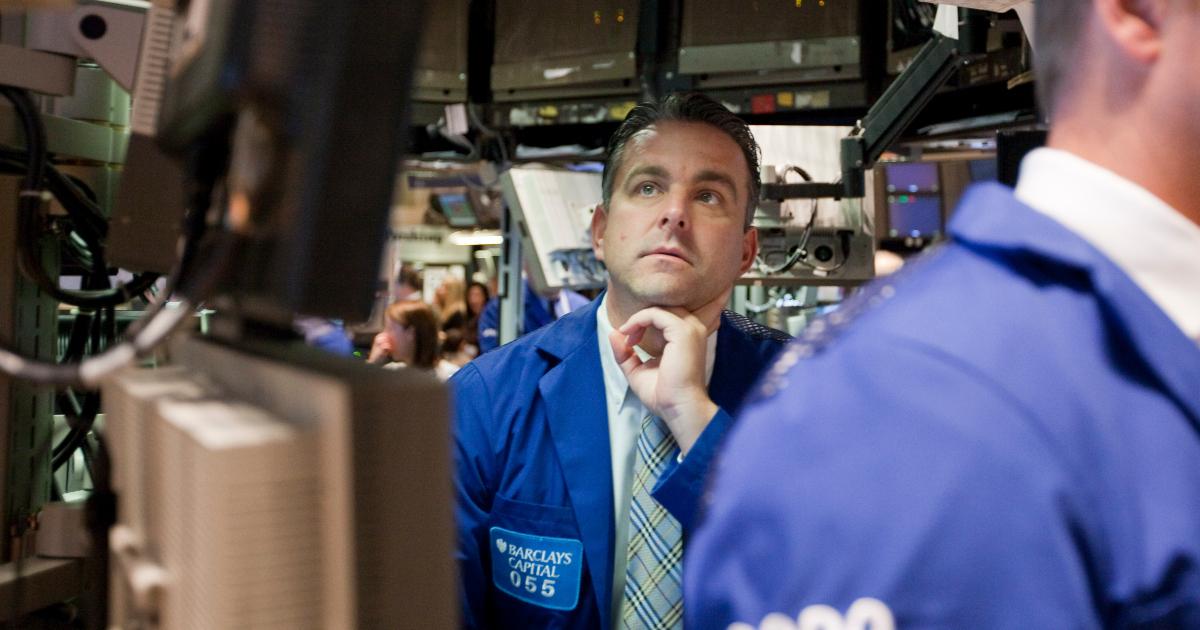How to Invest During Volatility—Just Stick to the Basics
Stock markets have always been volatile compared to safe-haven assets. Here's how to invest during high volatility.
Oct. 28 2021, Published 1:26 p.m. ET
Stock markets have always been risky and volatile compared to some of the other safe-haven assets. There are periods of heightened volatility like we've seen over the last 18 months. Many investors want to know how to invest during volatility. Here’s a quick guide.
Now, when we talk of volatility, we can use different metrics. The metrics include the standard deviation, beta, as well as maximum drawdown from the peaks. However, VIX, which was created by the Chicago Board Options Exchange, is the most commonly used metric for volatility.
How to measure volatility
VIX measures what the market expects from volatility over the next 30 days. It's also known as the “Volatility Index,” “Fear Gauge,” and “Fear Index.” Over the last 18 months, VIX has spiked several times including when there was a massive Reddit-driven rally in some stocks. However, the index hit an all-time high of 82.69 on March 16, 2020, amid uncertainty about the COVID-19 pandemic.
Simply put, markets are volatile when there's a lot of uncertainty and speculation. However, instead of shying away from volatility, which would always be there in markets with varying ferocity, investors should follow some basic rules.
How to trade during volatile markets
If you're a trader, it's important to stick to the basics during volatile markets. This would mean putting strict stop losses. Also, make staggered entry into stocks instead of putting all the money at one go. While it might lower the upside, it would also help average down the purchase in case the stock falls.
Also, it's advisable to not go overboard with one asset during periods of volatility. Instead, you should diversify your investments across multiple securities. It would be prudent to rebalance your portfolio at frequent intervals than you would do in a stable market. Finally, always keep some cash handy during volatile markets because good buying opportunities might arise at regular intervals.
Finally, never try to chase the bottom or the top. Even the best of investors can’t time the market with precision most of the time. Be realistic and don’t feel down if you weren't able to time the trade to perfection.
How to invest during volatile markets
If you're a long-term investor, you should especially not get perturbed and stick to your buy-and-hold approach. However, in reality, most investors get scared during periods of high volatility and end up exiting the investments in panic. There has to be a reason to sell a stock which can either be that it has reached your target price or the company’s business fundamentals have changed.
In all probabilities, short-term volatility, either due to a broader-market sell-off or company-specific factors, is never a reason to sell a stock. It's also worth noting that periods of high volatility often lead to good investing opportunities.
Also, if you think that the volatility could persist for a longer period, it might be prudent to reassess the asset allocation and go overweight on defensive stocks. Cyclical stocks, which are more volatile anyways, see heightened volatility when the broader markets are volatile.
Finally, it's always advisable to stay calm during volatility. While it's easier said than done, remember the famous quote from Warren Buffett that “The stock market is a device to transfer money from the impatient to the patient.”
Staying on with Buffett's wisdom, invest on the premise that the stock markets would close tomorrow and not reopen for 10 years. This, in practical terms, would mean not sneaking into the portfolio every other minute if you're a long-term investor.



